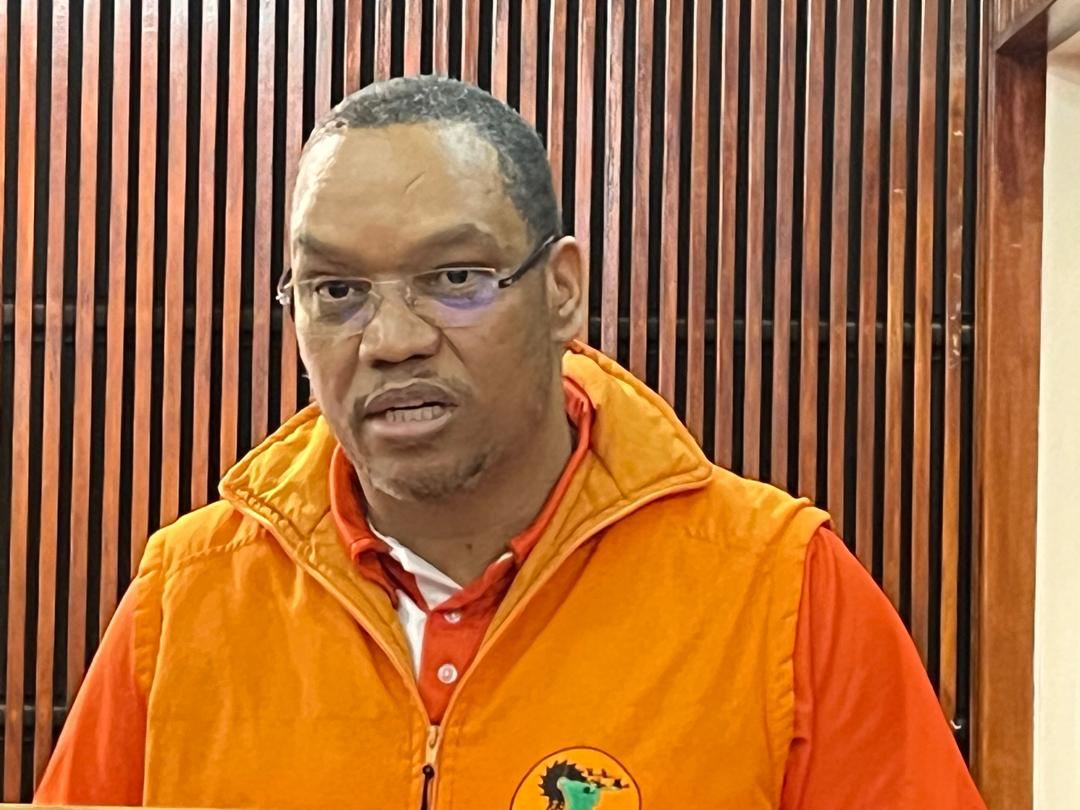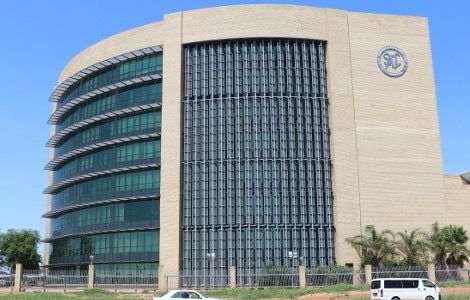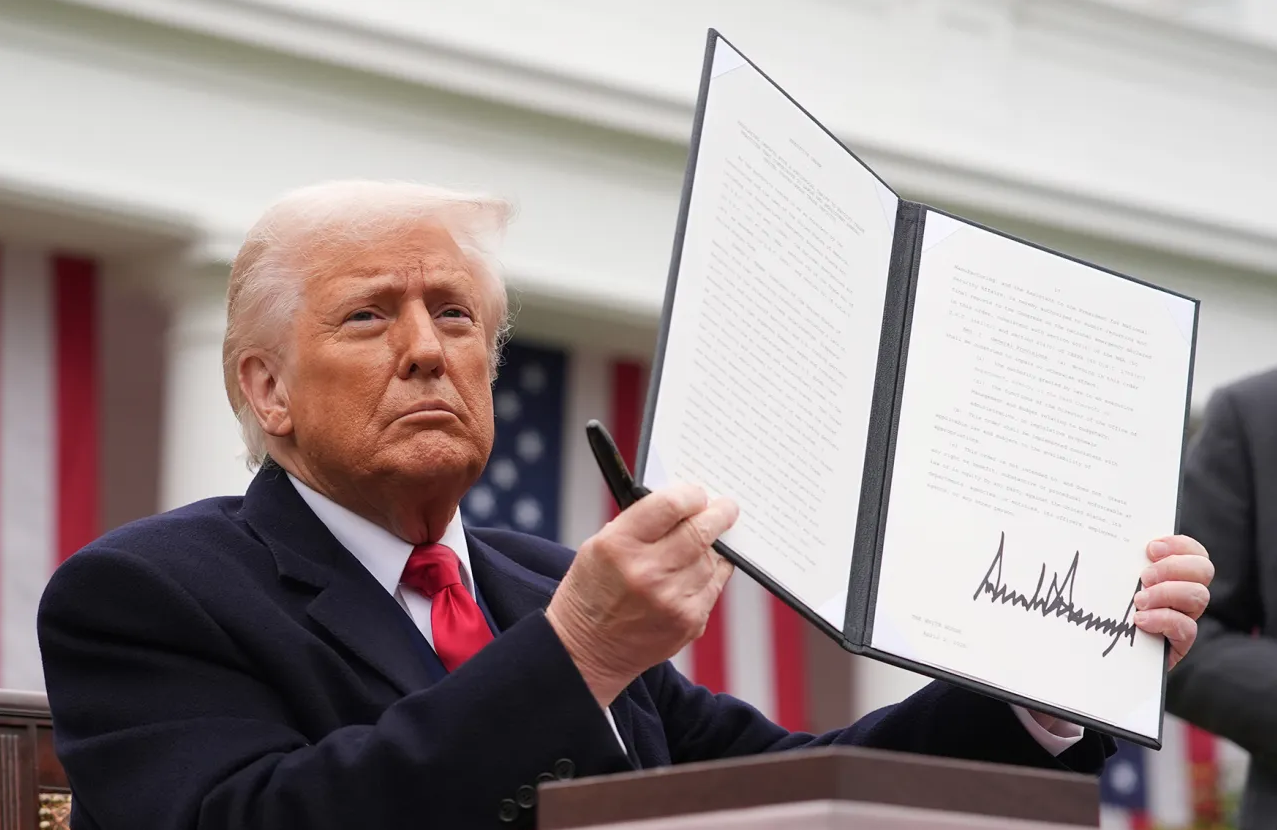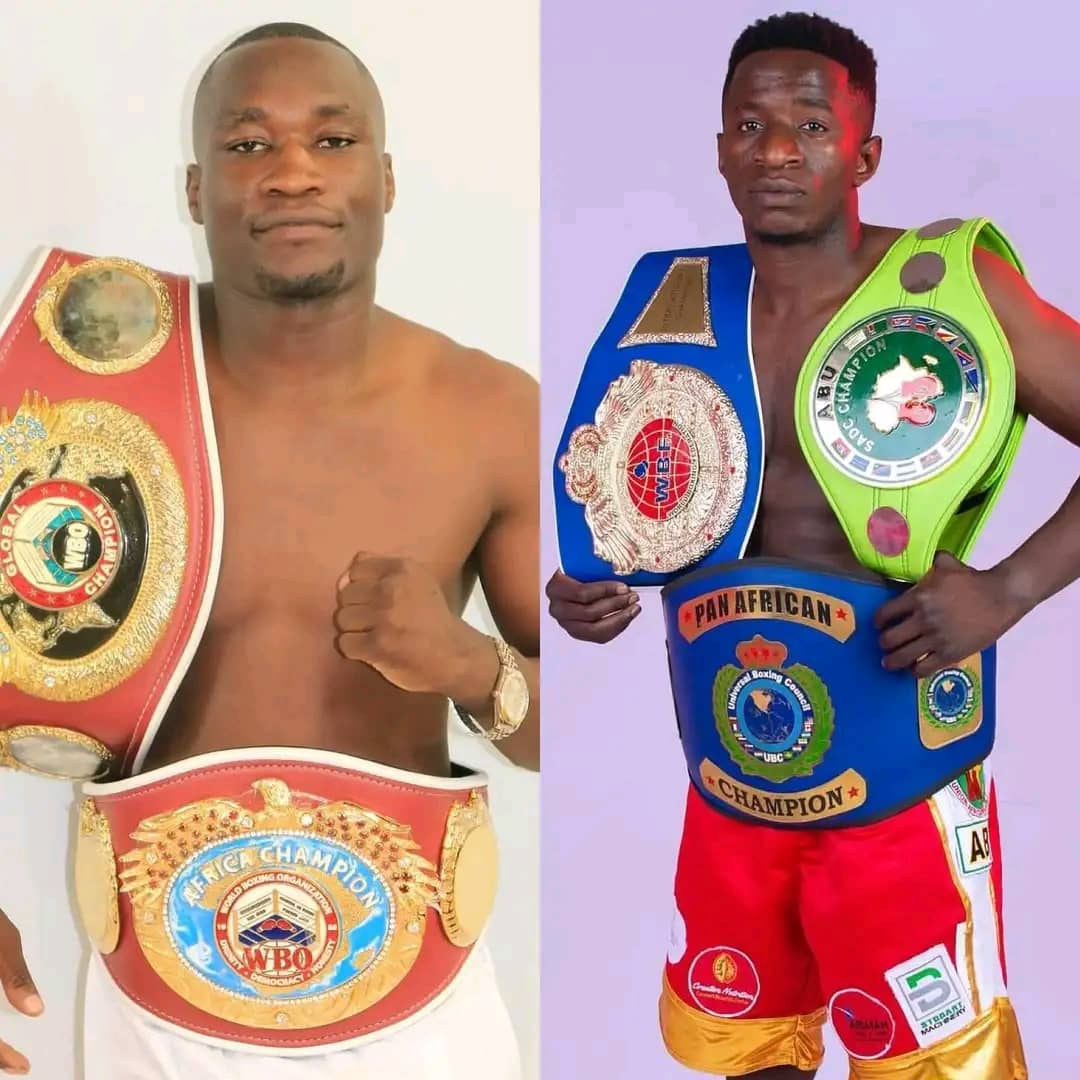THE man who kept President Sam Nujoma, along with everyone else, in suspense over the outcome of Swapo’s special congress, was so worried himself that he did not sleep soundly for four days and travelled in a security company’s bakkie crouching around boxes.
Swapo’s special congress, held to elect the party’s presidential candidate for the November elections, had most of the country apprehensive and entranced, including the puppeteers. While President Nujoma pulled a string here and there to ensure that his preferred successor was the eventual winner, acting Judge Petrus Damaseb had “sleepless nights” hoping the election did not go awry.Damaseb last week spoke about his role in the watershed congress where, for the first time, a possible successor to Nujoma was being sought.As in the previous congress, Damaseb was asked to be presiding officer in the emotionally charged election.In previous Swapo “assignments” Damaseb said he accepted work as part of his law firm, Conradie & Damaseb.He was reluctant when approached this time because “it’s not going to be nice if a judge is involved and there is controversy”.The election itself attracted special attention amid “dirty tricks” allegations.Damaseb said he “was worried about the blemish it [controversy] will put on my status as a person also acting as a judge…”To ensure his impartiality he set down certain conditions: to be independent and not “to get instructions from anybody”; he would appoint election staff without Swapo having a say in it; and decide on rules around “other support services” such as security and the printing of ballot papers.The election committee and support staff were screened to ensure that they ” do not have a direct interest in the outcome of this election”.An auditing firm was brought in to account for the ballot papers.Damaseb says he did not inform Swapo until the eve of the congress whom he was to work with.The election process was to be transparent with the three candidates – Nahas Angula, Hidipo Hamutenya and Hifikepunye Pohamba – represented by monitors.The candidates’ representatives had to be available from the time the Swapo company, Namprint, began printing the ballot papers.An “incident book” formed the record.”The book recorded what time we started, who was present, and if anybody even goes to the toilet, that was recorded.”After the printing, the 1 800 ballot papers were verified by all present, an advanced team was sent to the security firm’s offices were ballots were to be stored overnight.Damaseb, the candidates’ representatives and security officers squatted in the bakkie to transport the signed ballot boxes for safe-keeping.Verification was conducted Saturday morning as was done the previous evening.Voting took place that afternoon, followed by a long wait by many outside the hall.Damaseb said once the counting started he “quarantined” all present, including camera people.They had to dispense with their cell phones too.Auditors tallied the serial numbers against the counterfoil of the ballots issued.Anxious moments mounted outside as interest in the results built up.”In fact, some of the protocol people suggested to me ‘are you not going to brief the President first?’ I said no, I cannot.The President will hear, just like anybody else in the hall.”Nujoma appeared nervous when he entered the hall as Damaseb prepared to announce the first results.”Well, [those are] the vagaries of the democratic process,” said Damaseb.”I would have been surprised if there was nobody in that hall who was not nervous, including the President.I mean, he proposed a certain candidate and I’m sure he wanted his candidate to win and he didn’t know until it was announced.I’m sure he would have been nervous”.But for Damaseb the “butterflies” had left him already.”I had sleepless night for four days, I can tell you that; thinking about what can go wrong…It was such an event and everybody realises that it could very well be something that would have led to instability in the country.”Back at home that Sunday morning, Damaseb said the feeling sank in that he had an “onerous task”.”It was very burdensome for me, psychologically.Although it was an honour I didn’t see it as a pleasure.It’s the kind of job I’d rather not have done.”While President Nujoma pulled a string here and there to ensure that his preferred successor was the eventual winner, acting Judge Petrus Damaseb had “sleepless nights” hoping the election did not go awry.Damaseb last week spoke about his role in the watershed congress where, for the first time, a possible successor to Nujoma was being sought.As in the previous congress, Damaseb was asked to be presiding officer in the emotionally charged election.In previous Swapo “assignments” Damaseb said he accepted work as part of his law firm, Conradie & Damaseb.He was reluctant when approached this time because “it’s not going to be nice if a judge is involved and there is controversy”.The election itself attracted special attention amid “dirty tricks” allegations.Damaseb said he “was worried about the blemish it [controversy] will put on my status as a person also acting as a judge…”To ensure his impartiality he set down certain conditions: to be independent and not “to get instructions from anybody”; he would appoint election staff without Swapo having a say in it; and decide on rules around “other support services” such as security and the printing of ballot papers.The election committee and support staff were screened to ensure that they ” do not have a direct interest in the outcome of this election”.An auditing firm was brought in to account for the ballot papers.Damaseb says he did not inform Swapo until the eve of the congress whom he was to work with.The election process was to be transparent with the three candidates – Nahas Angula, Hidipo Hamutenya and Hifikepunye Pohamba – represented by monitors.The candidates’ representatives had to be available from the time the Swapo company, Namprint, began printing the ballot papers.An “incident book” formed the record.”The book recorded what time we started, who was present, and if anybody even goes to the toilet, that was recorded.”After the printing, the 1 800 ballot papers were verified by all present, an advanced team was sent to the security firm’s offices were ballots were to be stored overnight.Damaseb, the candidates’ representatives and security officers squatted in the bakkie to transport the signed ballot boxes for safe-keeping.Verification was conducted Saturday morning as was done the previous evening.Voting took place that afternoon, followed by a long wait by many outside the hall.Damaseb said once the counting started he “quarantined” all present, including camera people.They had to dispense with their cell phones too.Auditors tallied the serial numbers against the counterfoil of the ballots issued.Anxious moments mounted outside as interest in the results built up.”In fact, some of the protocol people suggested to me ‘are you not going to brief the President first?’ I said no, I cannot.The President will hear, just like anybody else in the hall.”Nujoma appeared nervous when he entered the hall as Damaseb prepared to announce the first results.”Well, [those are] the vagaries of the democratic process,” said Damaseb.”I would have been surprised if there was nobody in that hall who was not nervous, including the President.I mean, he proposed a certain candidate and I’m sure he wanted his candidate to win and he didn’t know until it was announced.I’m sure he would have been nervous”.But for Damaseb the “butterflies” had left him already.”I had sleepless night for four days, I can tell you that; thinking about what can go wrong…It was such an event and everybody realises that it could very well be something that would have led to instability in the country.”Back at home that Sunday morning, Damaseb said the feeling sank in that he had an “onerous task”.”It was very burdensome for me, psychologically.Although it was an honour I didn’t see it as a pleasure.It’s the kind of job I’d rather not have done.”
Stay informed with The Namibian – your source for credible journalism. Get in-depth reporting and opinions for
only N$85 a month. Invest in journalism, invest in democracy –
Subscribe Now!










